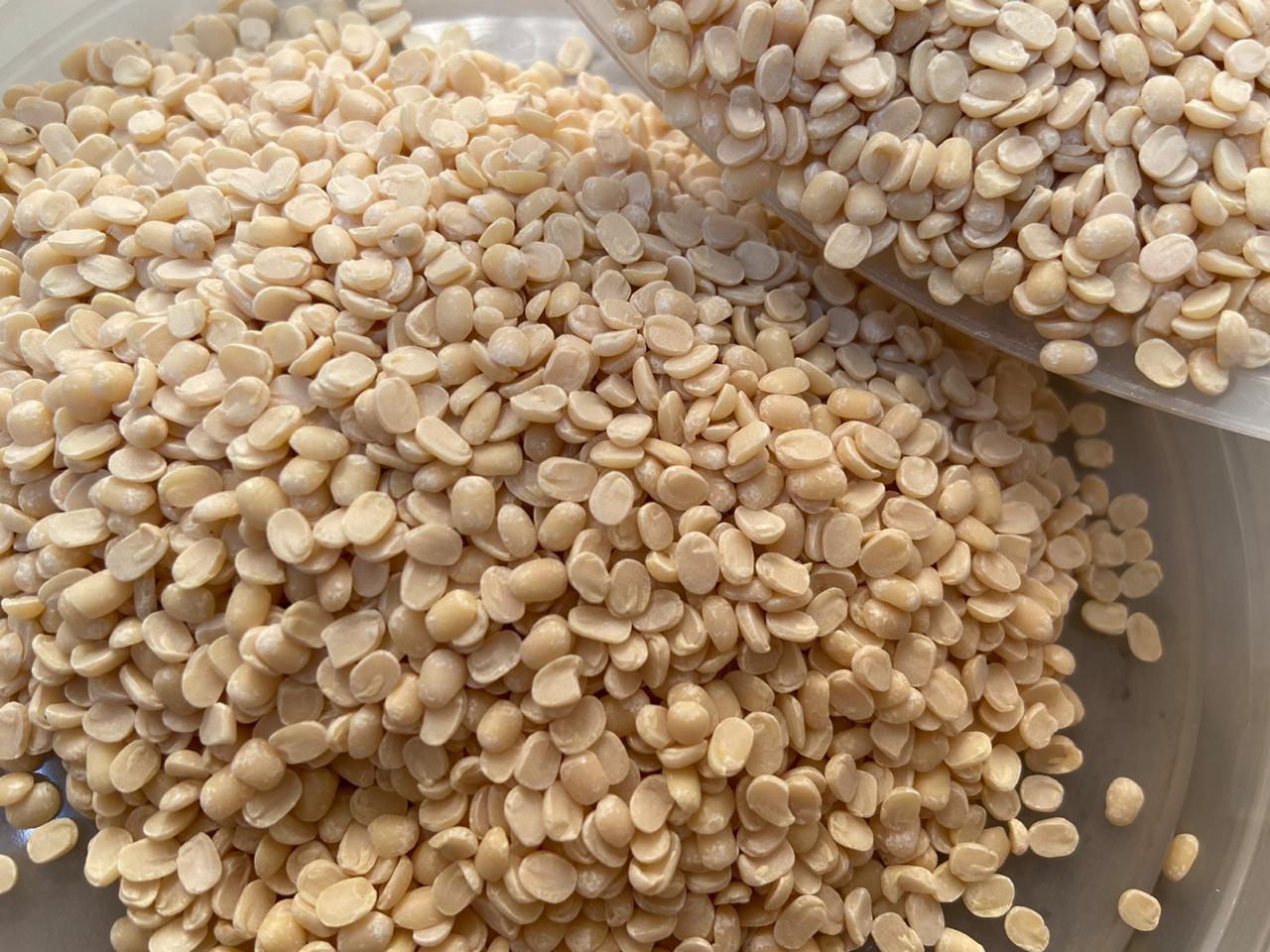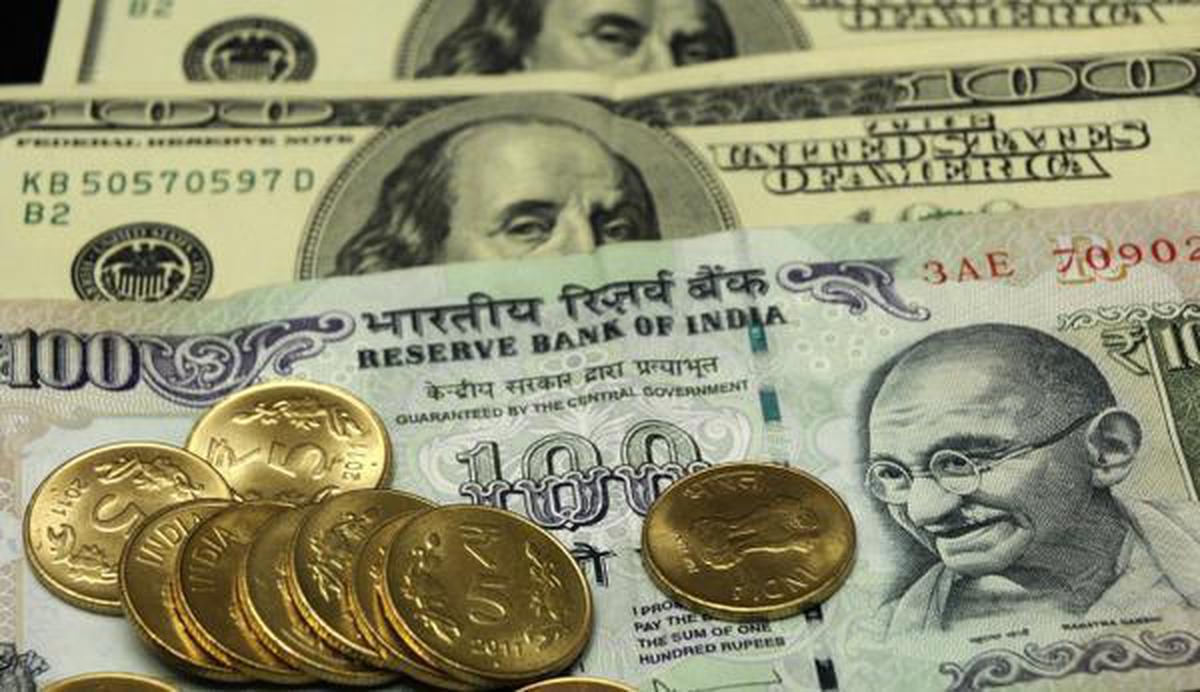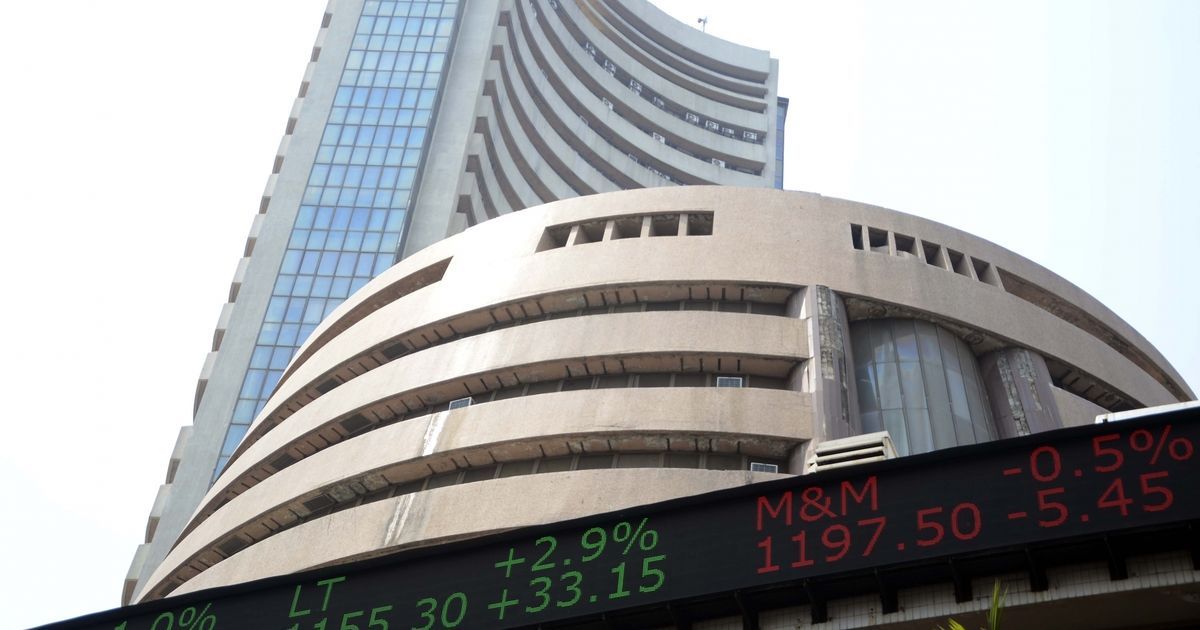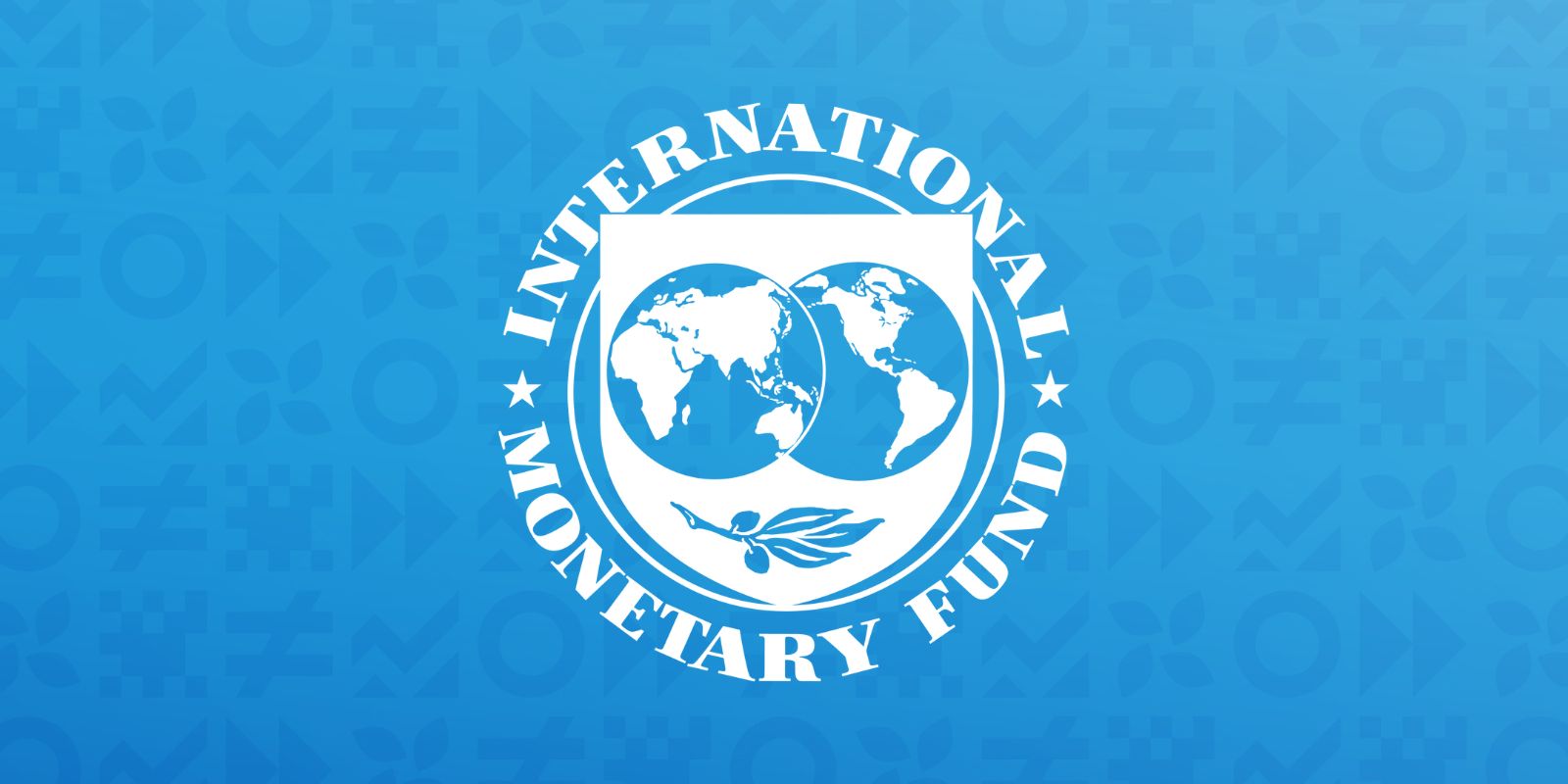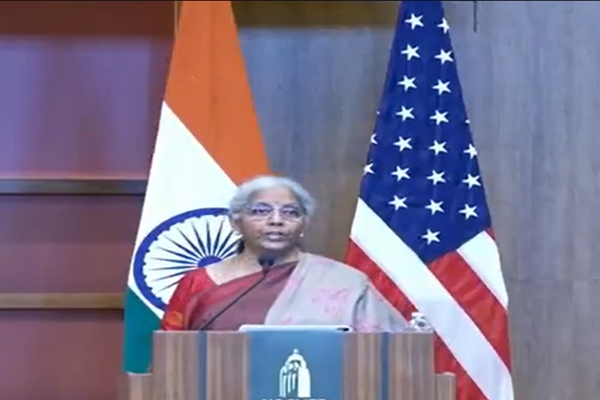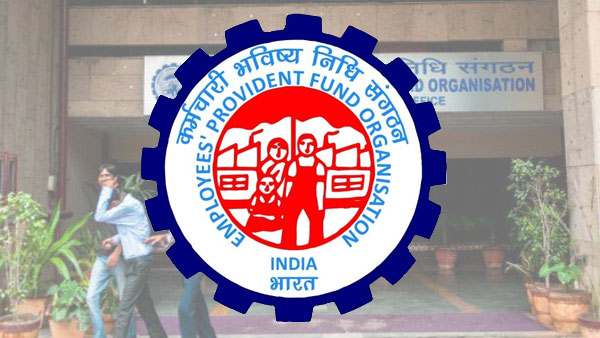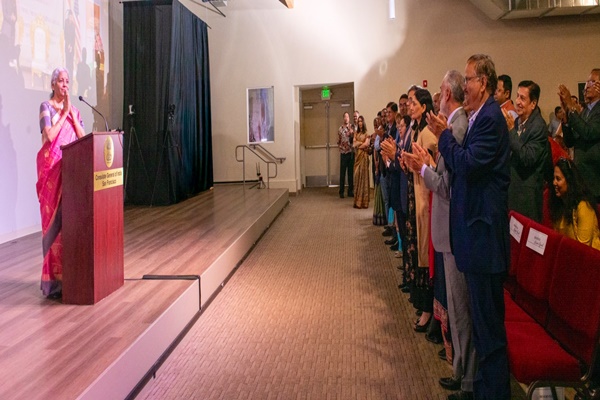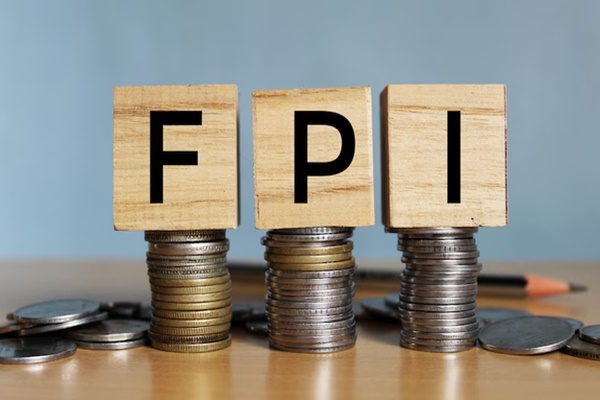Domestic demand places Indian economy better despite global slowdown: RBI Governor
Thu 24 Apr 2025, 10:10:31
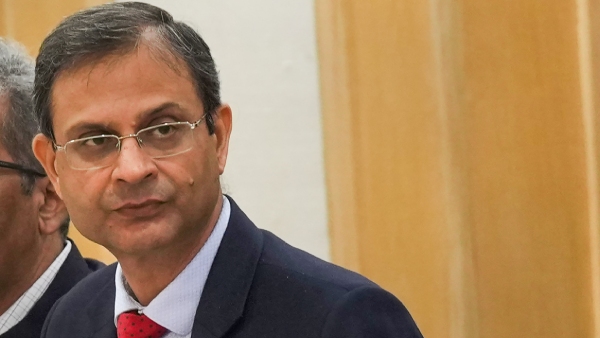
Amidst heightened trade and policy uncertainties, RBI Governor Sanjay Malhotra has said that the Indian economy remains less exposed and better placed to withstand spillovers from global growth slowdown, elevated financial markets volatility and dented consumer and investor confidence as India’s growth is driven largely by domestic demand.
As per the minutes of the Monetary Policy Committee Meeting held earlier this month, Mr. Malhotra said there may also be some positive spin-off to the Indian economy from the likely softening of crude oil and commodity prices and relative tariff advantage. While announcing a downward revision of 20 basis points, the RBI governor said even at 6.5 percent growth, India would continue to be the fastest growing major economy.
On imposition of tariffs, Mr. Malhotra said uncertainties may lead to possible currency pressures resulting in imported inflation while slowdown in global growth will further soften commodity and crude oil prices. Overall, the inflation is expected to to align around its target rate of 4 percent during the current financial year.
Voting for a cut of 25 basis points in repo rate and an accommodative stance, the RBI Governor said the decision will bolster private consumption and support a revival in private corporate investment activity.
Slashing policy rates for the second time
in a row, the Monetary Policy Committee of the Reserve Bank of India had earlier unanimously announced a reduction of 25 basis points in the policy repo rate, bringing it down to 6 percent. The panel had projected CPI inflation at 4 percent and GDP growth at 6.5 percent for 2025-26.
in a row, the Monetary Policy Committee of the Reserve Bank of India had earlier unanimously announced a reduction of 25 basis points in the policy repo rate, bringing it down to 6 percent. The panel had projected CPI inflation at 4 percent and GDP growth at 6.5 percent for 2025-26.
MPC member and RBI’s executive director, Dr. Rajiv Ranjan had added that an accommodative stance provides a clear signal for future rate action, indicating that the direction of policy rates going forward would be either a status quo or further easing, considering the benign outlook for inflation. He said the stance will help facilitate monetary transmission. Quoting the saying that one must never let a crisis go to waste, Mr. Ranjan said India should use the current tumultuous geo-economic episode as an opportunity to reform its domestic economy by undertaking productivity-enhancing and Ease of Doing Business measures.
Stating that India’s foreign exchange reserves are substantial, providing a comfortable import cover of about 11 months, the monetary panel’s external member Prof Ram Singh had said that the external sector remains resilient even though uncertainties remain high in the wake of the recent spike in global uncertainties. He added that the global condition may dampen merchandise exports while services exports are expected to remain resilient.
No Comments For This Post, Be first to write a Comment.
Most viewed from Business
AIMIM News
Latest Urdu News
Most Viewed
May 26, 2020
Do you think Canada-India relations will improve under New PM Mark Carney?
Latest Videos View All
Like Us
Home
About Us
Advertise With Us
All Polls
Epaper Archives
Privacy Policy
Contact Us
Download Etemaad App
© 2025 Etemaad Daily News, All Rights Reserved.

